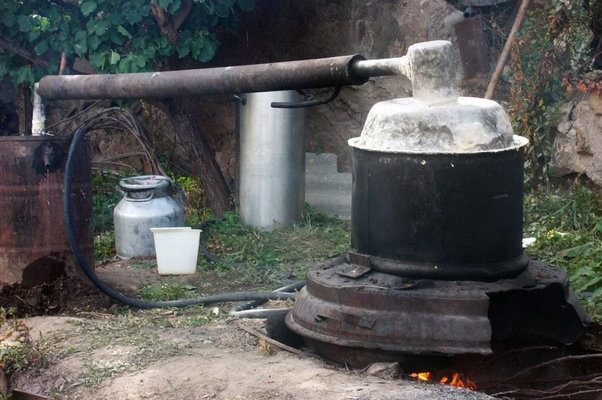Making Fuel for Cars at Home

As the price of gasoline continues to rise, many people are looking for alternative ways to fuel their cars. One option that has gained popularity in recent years is making fuel for cars at home. While this may seem like a daunting task, with the right equipment and knowledge, it is possible to produce a fuel that can be used in your car.
What is Homemade Fuel?
Homemade fuel is a type of biofuel that is made from organic materials such as vegetable oil, ethanol, or biodiesel. These materials are processed and refined to create a fuel that can be used in place of gasoline or diesel fuel. The process of making homemade fuel is often referred to as homebrewing.
Why Make Homemade Fuel?
There are several reasons why someone might choose to make homemade fuel for their car. One of the main reasons is to save money on fuel costs. Homemade fuel is often less expensive than gasoline or diesel fuel, especially if the organic materials used in the process are readily available and inexpensive.
Another reason to make homemade fuel is to reduce your carbon footprint. Homemade fuel is often more environmentally friendly than traditional gasoline or diesel fuel, as it produces fewer greenhouse gas emissions.
How to Make Homemade Fuel
The process of making homemade fuel will depend on the type of fuel you want to produce. Here are some basic steps for making biodiesel, one of the most popular types of homemade fuel:
1.Gather the necessary equipment, including a processor, a titration kit, and safety gear such as goggles and gloves.
2.Obtain the raw materials needed to make the fuel, such as vegetable oil, methanol, and lye.
3.Mix the methanol and lye to create a chemical reaction that produces a substance called sodium methoxide.
4.Combine the sodium methoxide with the vegetable oil in the processor, and let the mixture sit for several hours.
5.Drain off the glycerin that forms during the reaction, and wash the remaining biodiesel with water to remove impurities.
6.Test the fuel to ensure it meets the necessary standards for use in your car.
Conclusion
Making fuel for cars at home is a viable option for those who are looking to save money on fuel costs and reduce their carbon footprint. While it may require some investment in equipment and materials, the process of making homemade fuel is relatively straightforward and can be done with the right knowledge and preparation. Before embarking on this endeavor, be sure to research the process thoroughly and take all necessary safety precautions.





